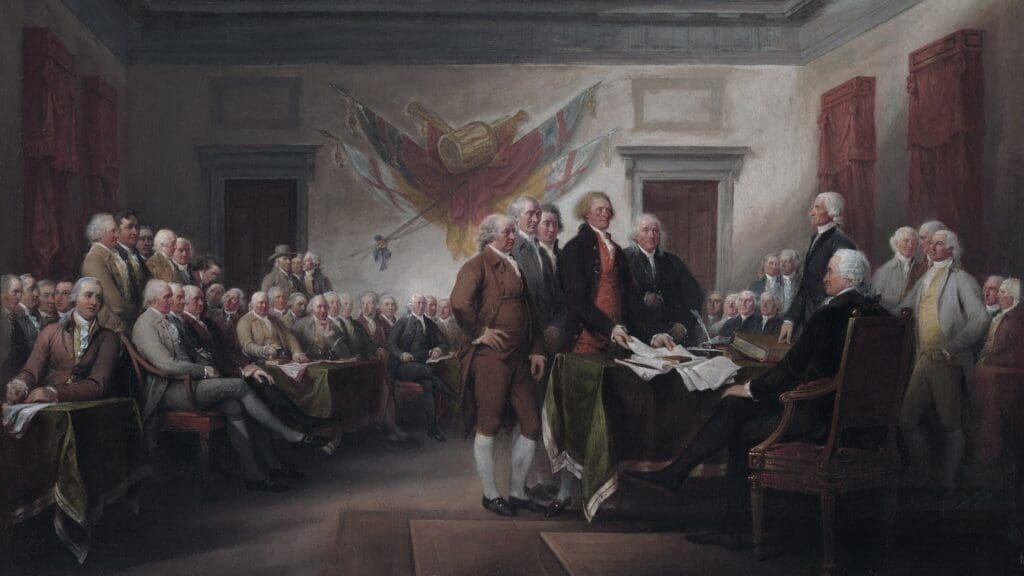
‘This 4th of July, my own country’s independence day, Americans can look with solidarity to the struggles of Hungary and of all democracies against the many faces of tyranny in these last few centuries.’
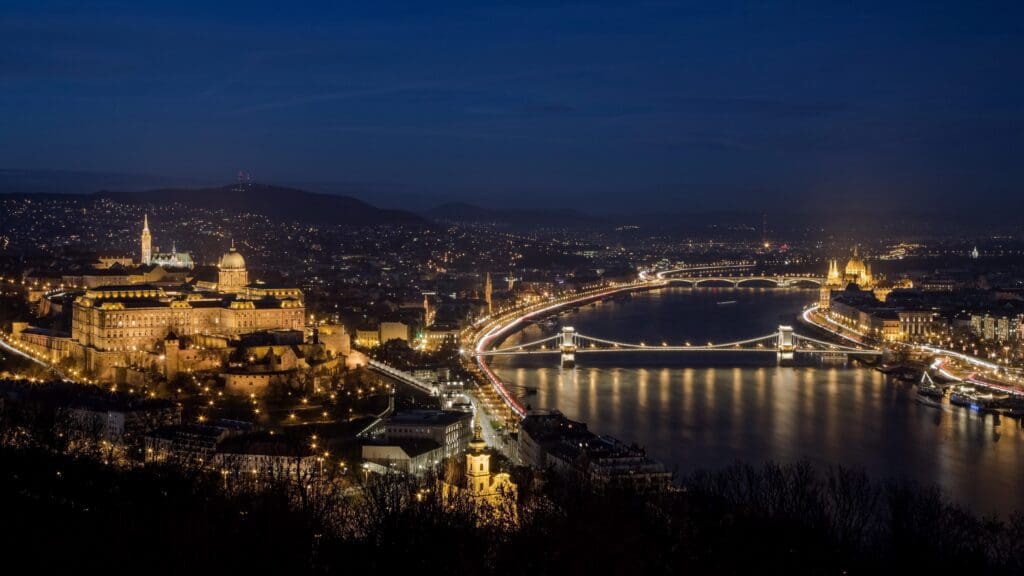
Arguably, architecture in Budapest has always been used as a means of political and cultural expression. Thus, restoring the Castle District can be viewed as a way to reclaim Hungary’s lost heritage and reconnect with its historical identity.
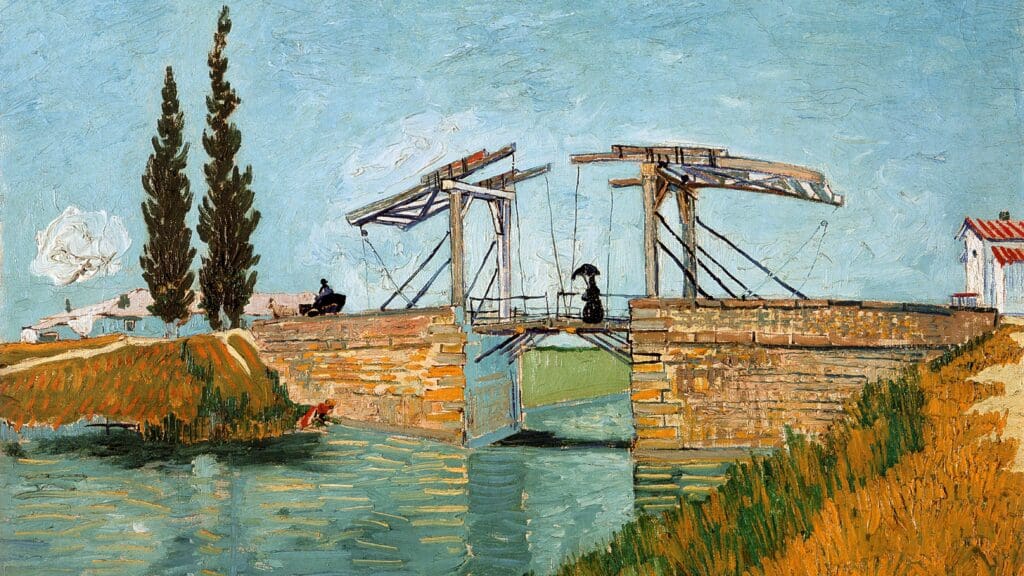
Hungary’s complex Ukraine policy is influenced by its desire to protect ethnic Hungarians in Transcarpathia. Can Ukraine’s compliance with Hungarian demands lead to more support and cooperation, especially given Hungary’s historical experience with Russian aggression?

‘In fairness, to say that Washington, Brussels, and Budapest have some pre-existing policy disagreements is a laughable understatement. Nonetheless, the question remains: Why is Hungary growing closer to China as the West grows further away? The short answer is: it’s complicated.’
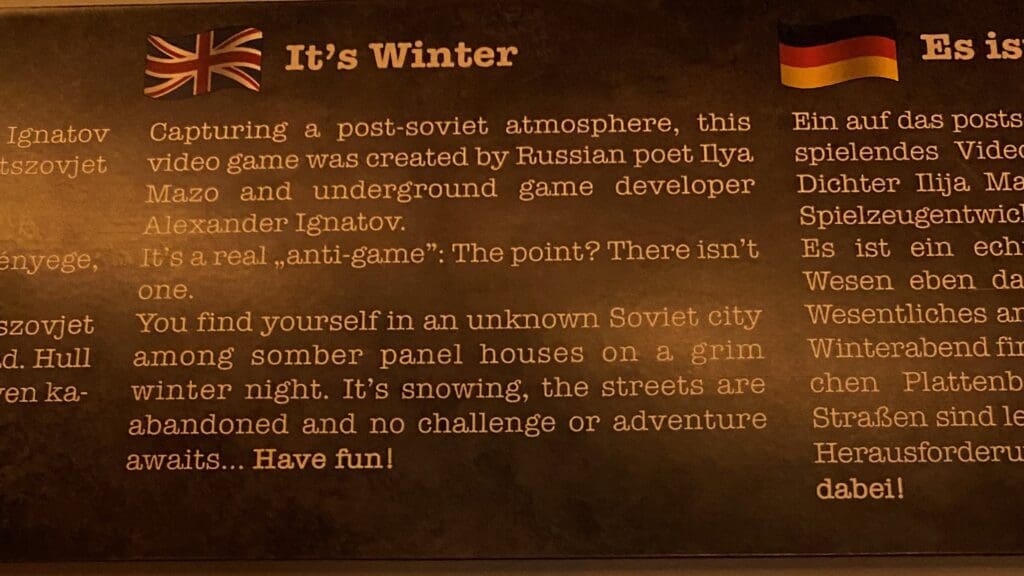
‘The [Budapest Retro Interactive] museum demonstrates the triumph over communism through humour and satire. Far from making light of the oppressive regime or downplaying its existence, it derides it in displays that paint it as a farce when compared to the true freedom and prosperity Hungary has experienced since communism’s demise.’
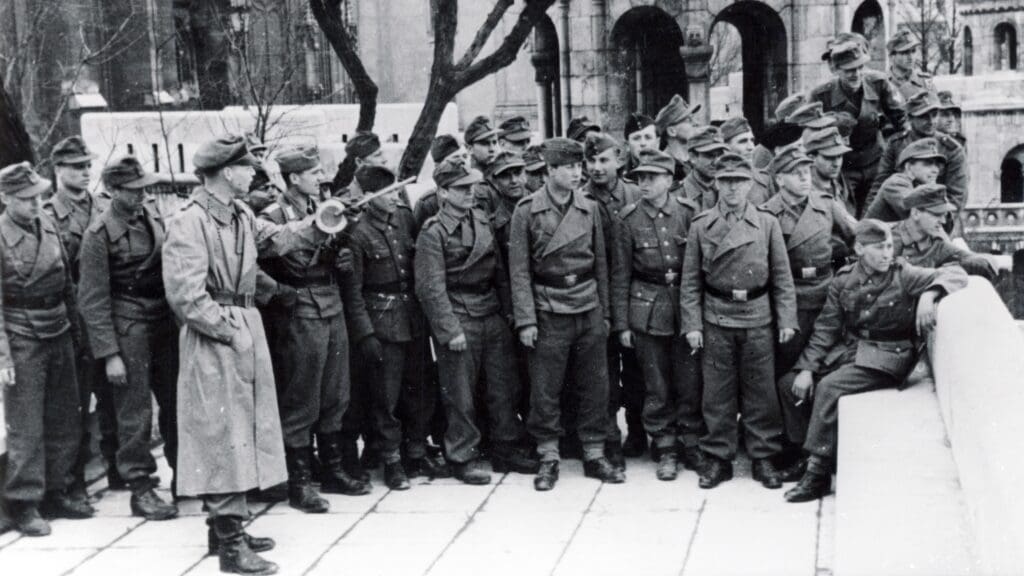
‘There was something about the past that could only be conveyed by being where it took place. Although I had already studied the horrors of the Holocaust and the Second World War, being in the actual face of such evil, in the literal place of it, shook me to my core.’